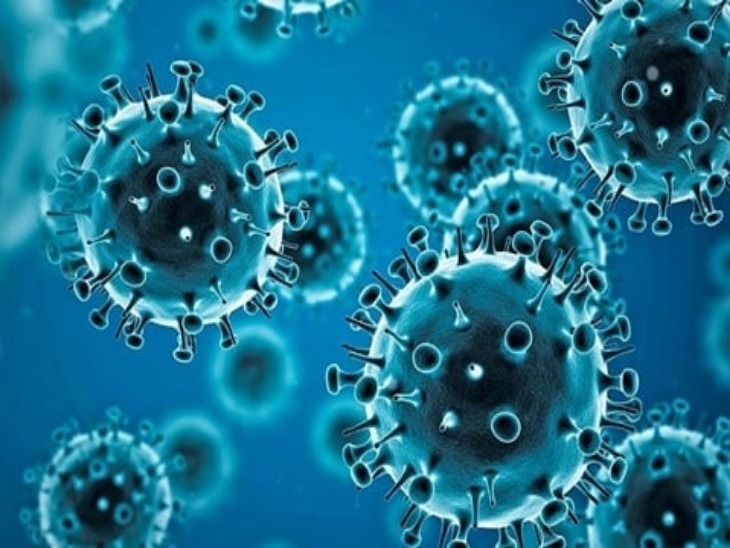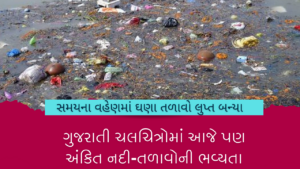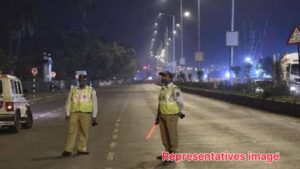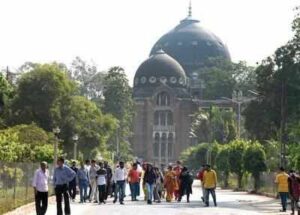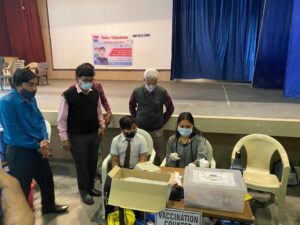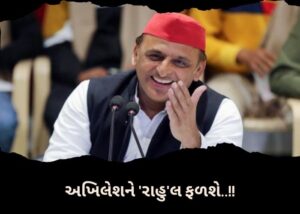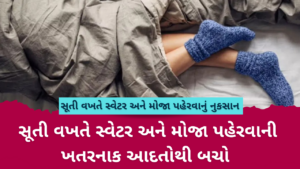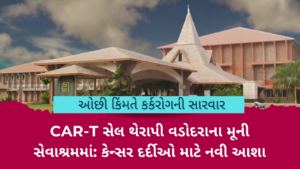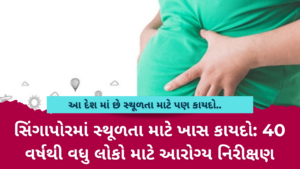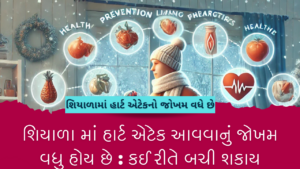As we near the end of 2022, China reports a sudden surge in COVID cases. We supposedly spent a COVID- free year only to be greeted with the pandemic making an appearance and setting base for the new year. China just this month reported a sudden increase in COVID cases as the new variant BF.7 was discovered to be the cause. Feeling deja vu yet?
So far, according to reports from China’s health department authorities, almost 37 million Chinese citizens have been infected with COVID-19 in just a week. Around 248 million people in China may have been infected in just the first 20 days of December, according to China’s National Commission. This is almost 20 percent of China’s population.
What is the BF.7 strain of Omicron COVID-19 variant? Should we be worried?
The sudden increase in COVID cases in China has been reported to be Omicron’s newest variant BF.7. According to a report by China’s experts, the BF.7 strain of Omicron ,mainly causes upper respiratory distress and infection. Common symptoms of this variant include fever, sore throat, runny nose and cough. Some may experience symptoms that affect digestion and their bowel movements, such as vomiting and diarrhea. However, those with an extremely weak immune system and those with (severe) pre-existing medical conditions are prone to suffer from severe effects.
It is too early to reveal any other notably new and different symptom(s) that this variant brings. However, people have been requested not to take fever and cold-like symptoms lightly brushing it off as a general viral. If their symptoms persist, they are requested to immediately seek medical advice.
However, what we worry about the most is what does this situation spell for China’s neighbors?
What does this mean for India?: IMA’s advisory

India has currently recorded around 163 new COVID-19 cases in the last 24 hours with the active cases declining to 3,380 according to the Health Ministry. The active cases make up 0.01% of the total infections so far.
Following an increase in COVID cases in China, a high-level meeting chaired by PM Modi was organized to review and discuss the impending COVID situation. Based on the minutes of the meeting, all citizens were advised to follow the basic COVID protocols such as wearing masks at all public places and maintaining social distance while in public.
The Union Health Minister Mansukh Mandaviya, after a review meeting with the Health ministers from all states, advised that “India needs to remain alert and not panic”. He has advised all states and Union Territories to “keep all preparedness for COVID-19 management.” According to Mandaviya’s tweet, he said that the Central Government has all the necessary support to fight COVID-19 and action will be taken as and when the need arises.
The Government’s strategy is to combat the pandemic with a pre-emptive and proactive approach by increasing testing genome sequencing and following all COVID-appropriate protocols.
The Indian Medical Association (IMA) recently issued an advisory on the impending COVID-19 outbreak. They maintained that the public must follow the basic COVID-19 protocol with immediate effect. According to the IMA, the situation at hand is not as alarming as it is being made out to be and they have requested the citizens to not panic. They have advised the following necessary steps that need to be followed:
- Face masks to be used in all public places
- Social distancing to be maintained at all times
- Wash hands with soaps and later sanitize them
- Public gatherings such as weddings, large-scale social events and others must be avoided as much as possible
- International travel must be avoided
- One must consult the doctors immediately in case of symptoms such as fever, sore throat, extreme cough, diarrhea, bodyache, etc
- All citizens must follow the government advisory from time to time
The Health Ministry will ensure that rules and restrictions are put in place given the upcoming festive season to help minimize the risk of COVID spreading. The Centre has advised the States to ensure that COVID testing is carried out regularly in all states as per the COVID-19 testing guidelines and to increase genome sequencing that will help in timely detecting new variants.
They also urged the states to ensure their citizens maintain and follow COVID-apprpriate protocols, surveillance is strengthened and there is enough awareness on all COVID related risks in the community. All hospital and medical infrastructure also must be set up and made accessible to all.

The Health Ministry has asked the states to place special emphasis on Booster doses of the COVID vaccine and increase its coverage.
Will India go into Lockdown?
According to IMA’s Dr. Anil Goyal, India will not go into lockdown as almost 95% of India’s population has been vaccinated. According to Dr. Goyal “The immunity system of Indians is stronger than that of the Chinese and India needs to go back to COVID-19 basics such as testing, treating and tracing.
Government’s solutions: Nasal COVID vaccine!
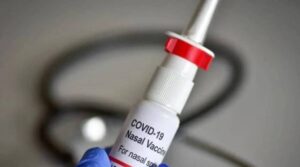
PM Modi has cautioned all by informing that COVID-19 is not over yet and that despite cases not being reported in numbers the same as China, India must still remain cautious. He has advised the states to set up all measures needed to tackle the virus in the case the situation worsens All officials have been directed to strengthen the ongoing surveillance measures, testing and racing, especially at International airports where all travelers must be screened and tested.
The Centre has approved the nasal vaccine for COVID that has been in the talk and works for a while. The now approved nasal vaccine will be included in the COVID-19 vaccination program, amid the sudden surge of cases in China. These vaccines will be used as heterologous boosters (injecting an individual with a different vaccine from what was used for the primary dose as opposed to homologous where the individual is injected with the same vaccine used for both doses) and will be made available only at private hospitals, initially. The Health Ministry has urged all states and UTs to increase awareness regarding the booster vaccine doses.
The Indian Army’s advisory on COVID
Amid the increase in COVID cases in China, other parts of East Asia and the USA, the Indian Army has advised their personnel to follow the basic COVID protocols such as wearing masks and maintaining social distance in overcrowded and public places They have also emphasized on maintain a practicing basic hygiene such as washing hands with soaps and the use of sanitizers.
According to their advisory, surveillance will be carried out to observe the evolving epidemiological situation in both the country and the Indian Army. Based on their observations and reports, necessary actions will be taken.
All symptomatic people will be tested and those who test positive will be kept in isolation for 7 days. Those facing moderate to severe symptoms and effects will be immediately admitted to the hospital.
In conclusion, we decide whether we are able to keep ourselves safe and healthy. By following the basic protocols, following all government issued advisories and maintaining social distancing will help remain safe from the outbreak.

